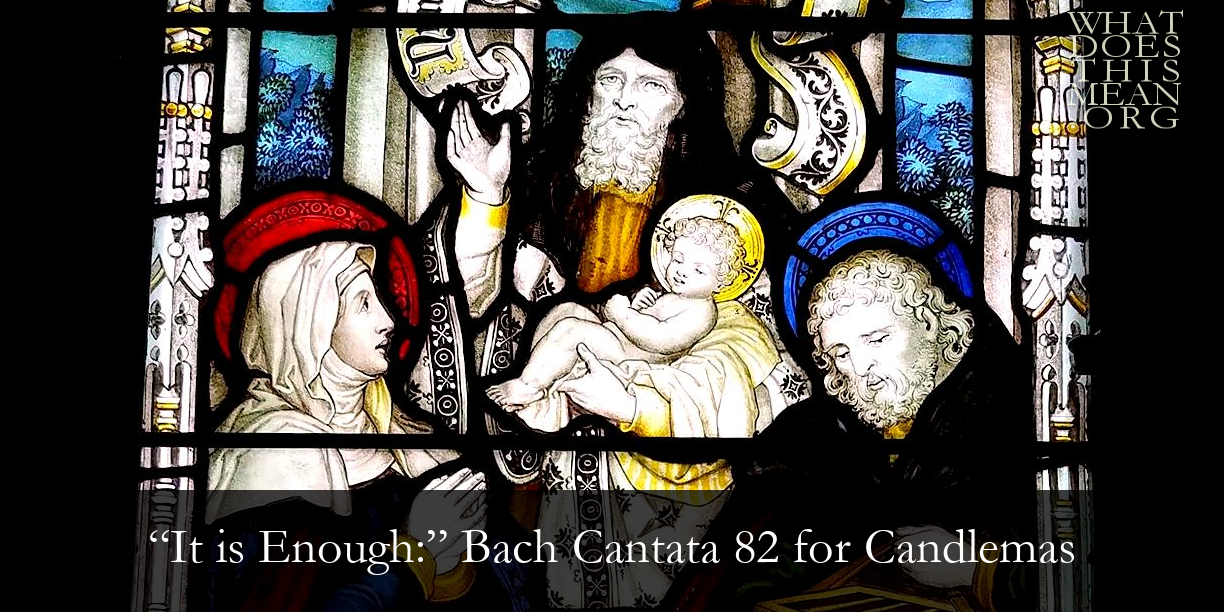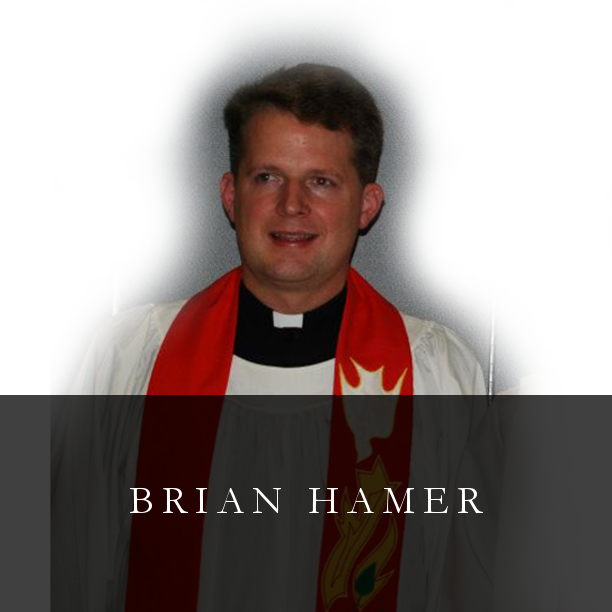According to the Gospel Lesson for this day, St. Luke 2:22–40, forty days after his birth, the infant Lord was presented in the Temple to fulfill the promise of Malachi, “The Lord whom ye seek will suddenly come to His temple” (3:1), as well as the Mosaic Law for purifying mothers after child birth (Lev. 12:2–5). Jesus’ parents offered the alternative sacrifice of two turtledoves or two pigeons, the offering of the poor who could not afford a lamb, showing the poverty and humility of Joseph and Mary. And yet, no lamb was necessary because the infant Jesus is the Lamb of God, who takes away the sin of the world. Simeon prayed the Nunc Dimittis, a prayer of great comfort and consolation for all who hold Christ in the arms of faith and in the Holy Eucharist.
The fortieth day after Epiphany [14 February] is certainly celebrated here with the very greatest honor. For on that day the procession [processio], is in the Anastasis [Chapel of the Resurrection, believed to represent the Temple], and all assemble [procedunt] and everything is done in its order with the greatest rejoicing, as at the Pascha [Easter]. All the presbyters also preach and then the bishop, preach, drawing on that passage in the Gospel where on the fortieth day Joseph and Mary brought the Lord into the Temple and Simeon and Anna the prophetess, the daughter of Phanuel, saw Him, and about their words that they spoke when they saw the Lord, and about the offering that His parents made. And after everything that is customary has been celebrated in order, the sacrament is celebrated, and the dismissal is done (pp. 159–160).
The first aria takes up the voice of Simeon to proclaim that having Christ is enough (genug, perhaps shortened from genung, although both spellings were used in Bach’s day), just as Simeon was ready to be released after He held Jesus in his arms. The third aria is the central movement of the work and one of the most profound and emotively powerful arias in the entire repertoire, occupying nearly half of the performance time of the Cantata. Here Bach, who experienced the death of a wife and six children, paints a living musical portrait of falling asleep in the peace and rest that only Jesus can give. The final aria summons the faithful to long for release from all earthly strife and the gracious reward of eternal life.
This Cantata is longer than most excerpts that I share in “Lifted Voice.” Therefore I have included the English texts and starting times, but only a few key German words and some highlights to listen for. Readers desiring the entire German text can easily find one via an internet search. In any event, grab a cup of coffee, light a votive candle (this is, after all, Candle-mass!), and join Simeon, Bach, and all the faithful in the Cantata that John Eliot Gardiner calls “the paradigm of collusion between music and text in all of Bach’s vocal works” (J. S. Bach: Music in the Castle of Heaven, p. 464).
The bass soloist joins Simeon in an expansive aria (A–B–B’ form) to proclaim, “I have enough.” Listen for the unifying theme, an ascending motif on the words, ‘Ich habe genug.’
It is enough, [Ich habe genug]
I have now my Savior, the hope of the faithful
Within my desiring embrace now enfolded;
It is enough!
On him have I gazed,
My faith now hath Jesus impressed on my heart;
I would now, today yet, with joy [Freuden]
Make hence my departure [scheiden]
2. Recitative 6:34
It is enough. [Ich habe genug]
My consolation [Trost] is this alone,
That Jesus might belong to me and I to him.
In faith I hold to him,
For I, too, see with Simeon
The joy [Freude] of that life beyond.
Let us in this man's burden join!
Ah! Would that from the bondage of my body
The Lord might free me.
Ah! My departure, were it here,
With joy [Freuden] I'd say to thee, O world:
It is enough [Ich habe genug].
3. Aria 7:40
Listen for the frequent periods of silence, as if God the Father is placing the believer gently into the sleep of death, to await the final resurrection of the body.
Slumber now [Fallet sanft], ye eyes so weary,
Fall in soft and calm repose!
O world [Welt], I dwell no longer here,
Since I have no share in thee
Which my soul could offer comfort.
Here I must with misery reckon,
But yet, there, there I shall witness
Sweet peace [Frieden], quiet rest.
4. Recitative 17:12
My God [Mein Gott]! When comes that lovely "Now [Nun]!"
When I in peace [Friede] shall bide forever
Both in the sand of earthly coolness
And there within thy bosom rest [ruhn]?
My parting is achieved,
O world, good night [Welt, gute Nacht]!
5. Aria 17:56
Listen for “freue,” which means “rejoice,” and the joyful musical motifs, completing the journey from world-weariness to the joyful anticipation of eternal life. Does the final instrumental ritornello (without the soloist) suggest that Simeon has departed in peace?
Rejoicing [freue] I look forward to my death [Tod],
Ah, would that it had come already.
I'll escape then all the woe [Not]
Which here in the world doth bind me.
Enter Martin Luther. His hymn on Simeon’s canticle, “In Peace and Joy I now Depart,” the substance of which is echoed in Cantata 82, is the supreme Lutheran treatise on the ars moriendi, the art of dying. In my estimation, Luther says more in four stanzas than all of the Medieval manuals on dying combined. Here you join with Simeon, Luther, Bach, and all the faithful – yes, those you love who have departed in the faith – to proclaim “It is enough.” Through Holy Baptism, Christ forever holds you in the nail-pierced palms of His hands. You, in turn, ‘hold’ Him in the arms of faith and in the Holy Eucharist, even to eternal life, as Luther gives us to pray:
In peace and joy I now depart,
According to God's will,
For full of comfort is my heart,
Soft reposing.
So the Lord has promised me,
And death for me is but a sleep.
'Tis Christ hath wrought this work for me,
My faithful Savior,
Whom You have made my eyes to see,
And made Him surely known.
Now I know He is my life,
My friend when I am dying.
For Thou In mercy unto all
Hast set this Savior forth;
And to His kingdom Thou dost call
The nations of the earth
Through His blessed wholesome Word,
That now in every place is heard.
He is the Hope and saving Light,
Of lands benighted;
By Him are they who dwell in night
Fed and lighted.
He is Israel’s Praise and Bliss,
Their Joy, Reward, and Glory. (translation composite)
Alleluia! Christ is risen! He is risen indeed! Alleluia!
Let us go forth in peace, in the name of the Lord. Amen.



 RSS Feed
RSS Feed
